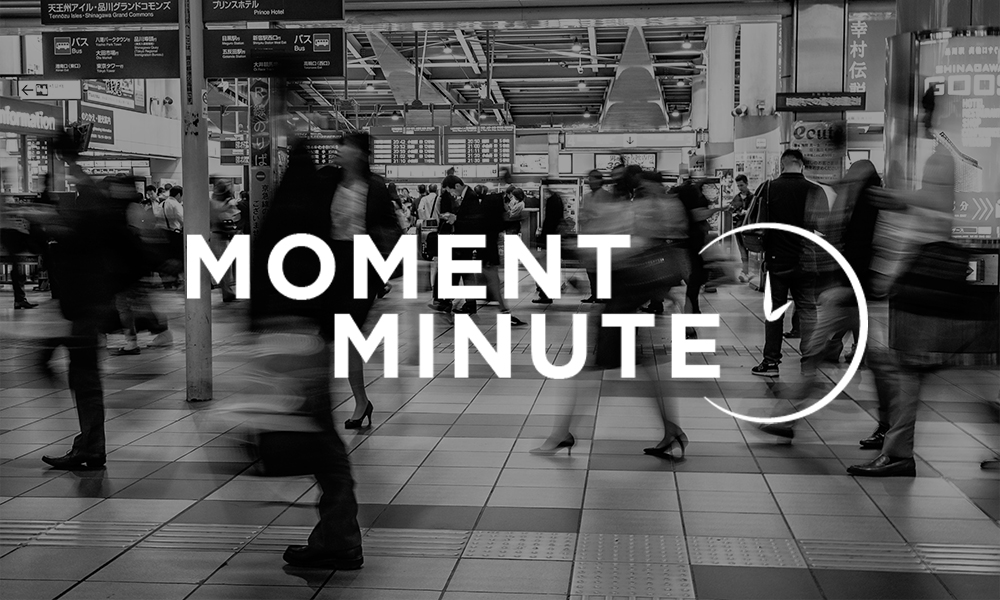Chatbots are just one of many AI applications up and running, and new ones are coming, and coming fast. These new advances are layered upon previous ones: Aspects of artificial intelligence have been around for decades in the form of search engines, social media algorithms, facial recognition, voice processors and bots of all kinds, all made possible by great leaps in computer programming and processing. These technologies have become an invisible part of our daily lives.
What does it all mean? Where will it take us? Is AI good for humanity? We believe it is essential to wrestle with this biggest of “Big Questions.” AI is the brainchild of cognitive scientists, computer programmers, physicists, futurists and robotics engineers; it raises problems that concern politicians, journalists, psychologists, philanthropists, linguists and philosophers; and it’s alive in the imaginations of artists, cartoonists, novelists and, of course, science fiction writers. So, we’ve asked people from all these fields to tell us what excites them, what terrifies them and how best to approach this astounding moment in human history. Beyond the dangers and the possibilities they describe lurks the biggest question of all: In an era of thinking machines, what does it mean to be human? Though not everyone approaches this question using a Jewish framework, its essence is about as “Jewish” as it gets.
Before you dive into the 29 fascinating responses to our “Big Question” on AI here, please take a moment to consider this: Moment succeeds with the support of readers like you. Consider making a gift to independent Jewish journalism today

